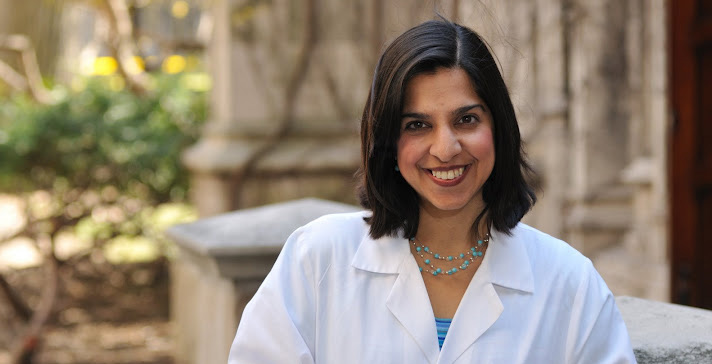I distinctly remember my first stint on night float rotation — it did not come until I was a third-year resident since most of my rotations were pre-duty hours. It was a “novel innovation” in our program and the job seemed simple — admit overnight, handoff to the day team, go home and sleep. Get up and repeat… for a week.
While this sounds like a cakewalk compared to grueling marathon shifts, there were two distinct things I remembered about this experience. First, even though I was working much fewer hours I was exhausted… all the time. After personally studying sleep and chronobiology, I can now chalk this up to the fact that sleeping during the day is notoriously more difficult than it sounds. Second and perhaps most interesting, this work was not gratifying. I often went home and routinely wondered what really happened to this patient’s MRI or whether I made the right diagnosis and ordered the right set of labs or consults. I risk dating myself when I say this is before the “epic” takeover of electronic health records, so “chart stalking” from home was not possible. The next night, if I had a rare moment, I could try to look up to see what was going on.
Years later, I can pinpoint the source of the initial disenchantment with night float: I was not learning. To drive learning, one needs feedback. What was missing for me was any type of feedback on my performance. This has become even more common with the explosion of shift work in hospital medicine and residency training programs.
So how can we fix this? Enter the LOOP study. I initially thought this was a mnemonic, but it’s just a great name for closing the loop. It is a structured feedback form sent in a secure in-basket message in the electronic health record to the night float team letting them know how their diagnosis differs from the ultimate diagnosis.
Lo and behold, the diagnosis was different a whopping 43% of the time. When changes were made, one third were considered major changes. Perhaps the most interesting part of the study was that the feedback was not only welcome, but it improved perceptions of the “educational value” of night time admissions! I will admit I was worried that no one would want Monday morning quarterback messaging coming their way. Interestingly, this may be more of a cultural perception. Apparently, this is more routine in emergency medicine where feedback on cases is routinely sought after. Likewise, I was particularly glad to know this feedback was not only welcome but also drove future learning and care improvements.
In an era when the best way to teach diagnostic error is still unclear, this study holds great promise to improve the clinical learning environment for an important segment of physicians – those that are doing night work.
So, are you ready to close the LOOP? Well the good news is that you can provide your own feedback and close the loop with us on the next edition of #JHMChat on Tuesday, October 22, when we will be discussing this article along with moderator @wraycharles and author @andrewolsonmd in partnership with the Society of Improving Diagnosis in Medicine.



Leave A Comment